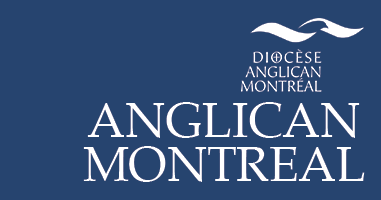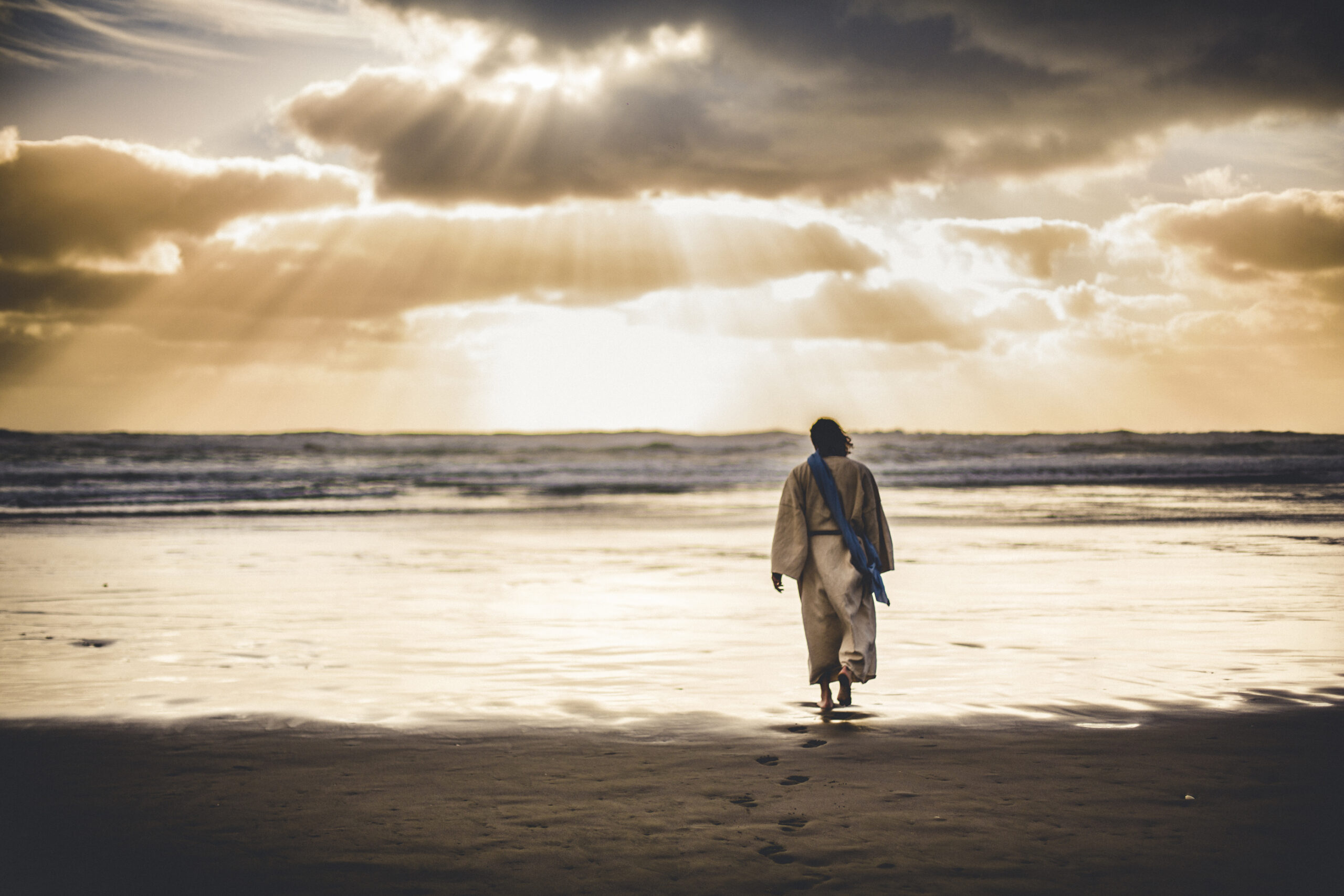“Vocation is where your deep gladness and the world’s deep hunger meet” – Frederick Buechner*
On April 27th, I attended an amazing Vocation Day at the Anglican Diocese of Montreal. There were speakers, interactive sessions, and an explanation of the process of ordination.
The day opened with Bishop Mary’s beautiful story of her journey in faith, her ordination as a priest in 1982, and her first experience celebrating the Eucharist in Hudson. She remembered clearly thinking, “I’m standing on the X of my destiny. I’m standing where God has called me to be.” Wow. What an inspiring way to start off this session and to launch into spring, a time of rebirth and renewal.
The Rev Canon Dr Jesse Zink then spoke. I love his observation that Discernment not always easy, that discernment means to pull apart, “like taffy” or like a cat’s stretch. It’s an invitation to listen to what God is calling us to do.
He noted that when we decide to listen to God’s call, every “Yes” is a “No” to something else.
Jesse Zink spoke of his own resistance at first being called to the priesthood. He felt a loss at saying “No” to his life as a layperson. Then, understanding that this is what deciding means, he was able to move on.
His learning: be attentive to what you are already doing. As Christians, he emphasized, we believe you discern within community, where in the midst of that sometimes emotionally challenging response to God’s call, we find support and encouragement. Here are some of his main points:
- In the church I see the following needs … (fill in the blanks for yourself), ex: inter-cultural understanding
- God has given me the following gifts …
- With these gifts, in response to those needs, I believe God is calling me to …. {verb} ex. Teach and {role} ie. High School Teacher.
- Know that you can and should change over time.
Vocations Day Sessions included:
1. Chaplaincy
- Jen Bourque cited the model of the “living human web” by B. McLmore-Miller that helped her in her work first at the Hospital (for 12 yrs) and now at Concordia. In her case study, she mentioned that as a Spiritual Care Professional, one should consider this question: how can you care for and meet with non-Christians?
- Alain Brosseau shared how Military Chaplains care for the moral and spiritual wellbeing of military personnel and their families – domestically and internationally. He said that we “are rooted in our faith and that energizes us.” For example, he is not a psychologist, yet he journeys with people to accompany them and if they need a psychologist, he finds one.
2. Spiritual practices of sustainable ministry
- To start, Jesse Zink had us stand to sing the Isaac Watt’s hymn When I Survey the Wondrous Cross. Embodied activities, like singing, is an antidote to burnout, which, he noted, is a real thing.
- There are three types of prayer Individual, Corporate (with others), and Eucharistic. Jesse Zink offered helpful, and guilt-free guidance here. He said, “Pray as you can, not as you can’t.”
- For some, it is the eucharist that is the centre of their faith, for some, the “daily office” (lectio divnia style) is helpful, and still others have prayer lists. To explore and find that way that you can pray is a loving invitation.
In 2017 I attended a three-week session of Diocesan Supper Club**, hosted by Lee-Anne Matthews. The session, led by Gideon Strauss, called, “Your Next Five Years,” was on how to design your life and vocation in a faith-based way.
In the time elapsed from then, I have reflected a lot. This year’s Vocation Day was a timely continuation of that learning.
Now, with so much shifting in our modern world, it’s a good time to consider our gifts and how to deploy them. When I started High school in the 1980’s, I wanted to be a priest. My career took another trajectory, and yet, my commitment to love, respect, and uplift others has remained.


